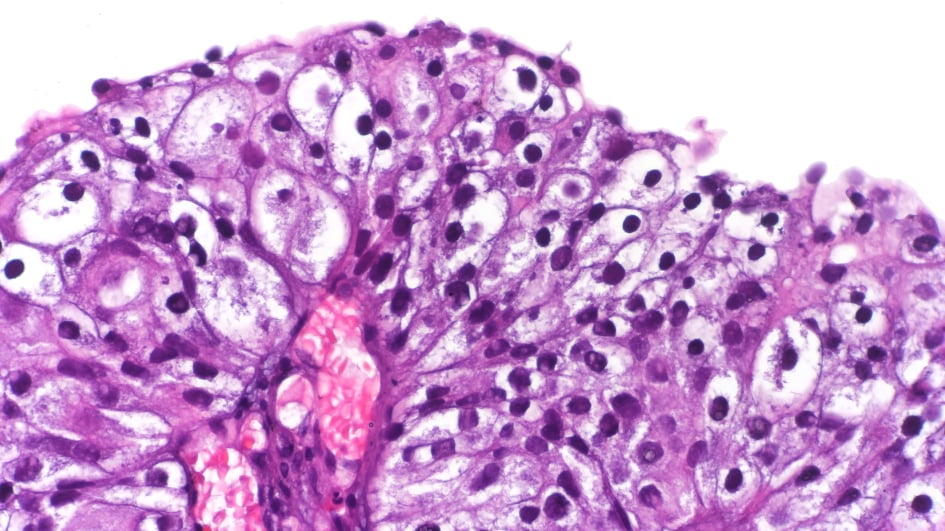Cancer Digest – March 7, 2020 – Patients with a rare form of kidney cancer who received chemotherapy after surgery to remove tumors were more likely to survive three years or more compared to those treated with surgery alone, a new study has found.
Cancer of the urinary tube connecting the lower part of the kidney and the bladder is rare, with about 1,000 people diagnosed in the UK each year and about 10 percent of the 15,000 people diagnosed with kidney cancer in the US annually. However, it is one of the more lethal forms of cancer with less than half of those diagnosed surviving more than three years.
In the new study involving 261 patients, researchers at the Institute of Cancer Research in the UK assessed the benefit of giving 132 people four cycles of a combination of two chemotherapies after surgery to remove tumors, compared with the current standard of treatment, where 129 patients were actively monitored to spot signs of their cancer coming back after having surgery. The study results were published March 5 issue of the journal The Lancet.
They found that 71 per cent of patients given chemotherapy survived for three years or more after joining the trial without their disease coming back, compared with 46 per cent of patients who were on surveillance.
“Giving chemotherapy after surgery could give people with this rare form of cancer years more to spend quality time with their families," said study coordinator Emma Hall, Professor of Oncology Clinical Trials at the ICR in a press release. "The results of our study are set to change clinical practice in the UK and internationally, and I’m hopeful that patients will start benefiting very soon."
As expected, 44 percent of the chemo-treated people experienced serious side-effects in the compared with patients under surveillance.
The combination treatment of gemcitabine with platinum chemotherapy used in the study is a low-cost, generic treatment option and is already routinely used on a range of other cancers.
Sources: Institute of Cancer Research press release and The Lancet
Subscribe to:
Post Comments (Atom)



No comments:
Post a Comment